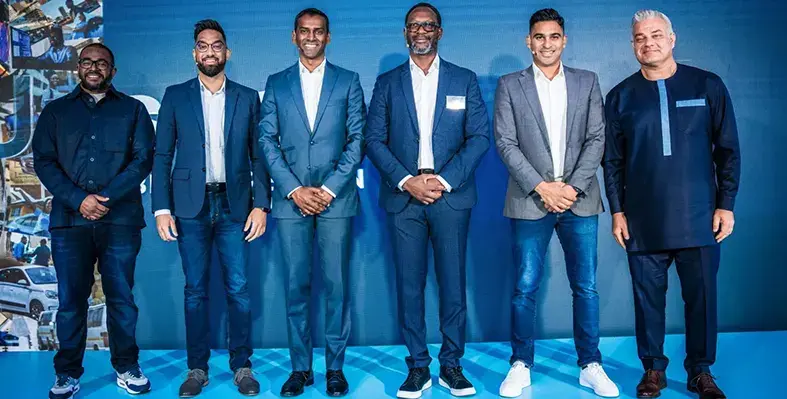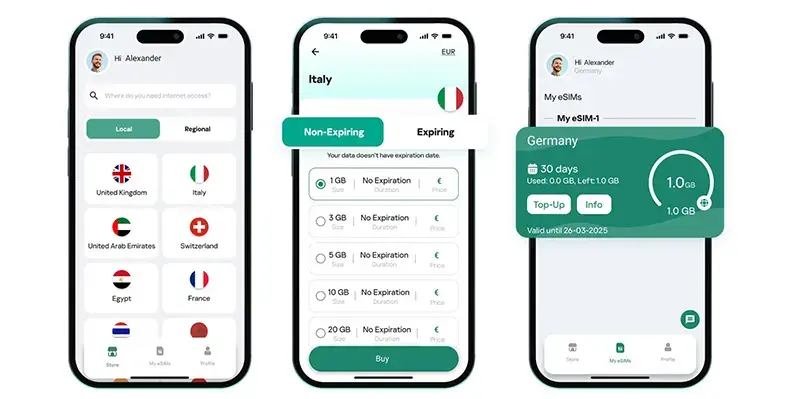In a pioneering move aimed at boosting financial inclusion, MTN and its digital arm, Chenosis, have partnered with TransUnion Africa to introduce the TransUnion Telco Data Score – a new credit scoring tool that uses mobile phone call data records to assess consumers who have little to no formal credit history
This innovative credit model relies on Call Data Records (CDRs), which reveal user activity on mobile networks. The data is analysed to draw connections between phone usage behaviour and financial responsibility. By using these insights, the TransUnion Telco Data Score gives lenders a way to assess New-to-Credit (NTC) individuals and offer them safer, more accessible credit options.
Supporting those excluded from traditional credit
TransUnion estimates that each year, more than 1.4 million South Africans without established credit histories open new accounts – totalling over four million in just the last three years. Despite this, many of these individuals remain outside the formal financial system due to limitations of conventional credit assessment tools, leaving over 16 million adults unaccounted for.
Around 35% of new credit applicants are under 25 and just entering the workforce. Many of them use their first credit opportunities to purchase necessities like workwear, illustrating the demand for solutions tailored to younger, digital-savvy consumers without credit records. Bringing these individuals into the financial fold could add as much as R173 billion to the South African economy.
“With over 500 million people across the continent excluded from formal financial systems, the scale of the challenge is undeniable. Traditional data models fail to reflect the realities of African consumers, leaving millions without access to credit and the opportunities it enables. Financial inclusion isn’t just part of our mission, it’s our mandate,” said Lee Naik, CEO of TransUnion Africa.
“That’s why we believe the only way forward is to think differently, to lead with bold, African-born solutions. Innovations like TransUnion Telco Data Score, designed for Africa, by Africa, are helping us responsibly harness mobile data at scale. In doing so, we’re not only expanding access to credit, but we’re also unlocking economic potential, accelerating inclusive growth, and reshaping the future of finance across the continent.”
Prioritising privacy and secure data use
The CDR-based credit scoring approach is based on explicit user consent and complies with South Africa’s Protection of Personal Information Act (POPIA). MTN will manage the consent process, while its API platform, Chenosis, provides secure and scalable connectivity between MTN’s data and partners such as TransUnion.
“This partnership demonstrates how mobile technology and secure data sharing can support positive change in the financial sector and unlock new opportunities for millions of South Africans,” said Selorm Adadevoh, group chief commercial officer, MTN Group. “We are committed to ensuring that data is used responsibly, with the customer’s interests at the forefront. This is a model of what responsible innovation can look like.”
Enhancing lending insights and outcomes
The TransUnion Telco Data Score has shown a 25–35% improvement in predicting financial behaviour compared to other alternative scoring models, according to recent pre-launch evaluations in banking and retail.
With better visibility into risk, lenders can use the score to lend more responsibly, identify at-risk borrowers, and help build sustainable credit pathways for new entrants to the credit system. TransUnion data also shows that individuals with low-risk profiles tend to increase their credit usage significantly within 18 months of becoming credit active.
“With Chenosis, we enable collaboration between mobile operators and solution providers while maintaining high security and compliance standards,” said Waseem Amra, general manager – Products and Platforms. “This partnership highlights how secure data access can support innovation in financial services that can transform lives.”
The collaboration between TransUnion Africa, MTN, and Chenosis marks a significant step toward using unconventional data sources to improve financial access. Mobile network data offers a scalable and effective method to evaluate new customers while upholding strong privacy and security standards.
“With this inclusive innovation, TransUnion has taken the lead in creating an impactful solution to one of the continent’s most pressing challenges – finding responsible pathways to greater financial inclusion that will unlock opportunities for individual and national growth. By turning mobile data into meaningful opportunity, we have set the standard in making transformation possible by showing how technology can be used in groundbreaking alternative ways. Together with MTN and Chenosis, we are building a future where every South African, regardless of their financial history, has the chance to be seen, to be trusted, and to thrive,” Naik concluded. “When financial institutions can measure risk more effectively, they can lend more confidently, and more consumers can access opportunity, and that’s a win for everyone.”


























